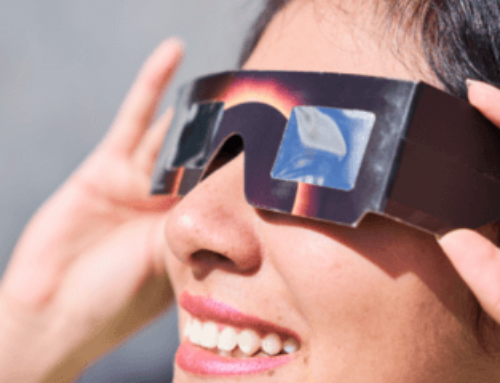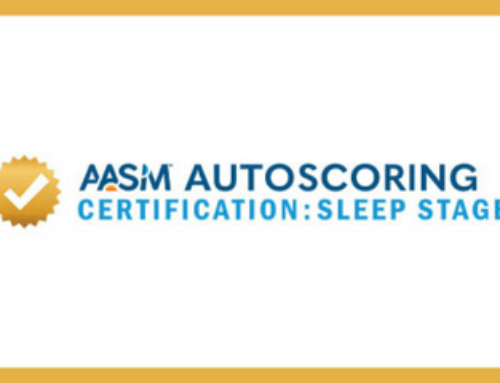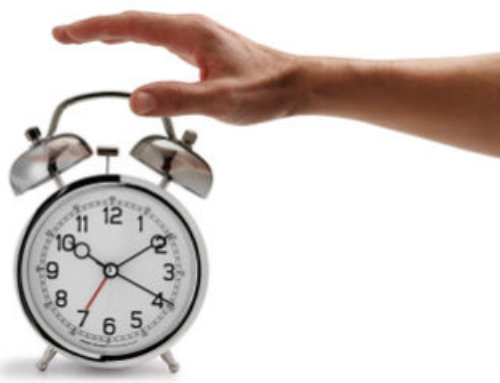EMBARGOED FOR RELEASE: 12:01 a.m. EDT, October 14, 2012
CONTACT: Lynn Celmer, 630-737-9700, ext. 9364, lcelmer@aasm.org
DARIEN, IL – A new study suggests that when prescribed by physicians in routine practice and used appropriately by patients, treatment for obstructive sleep apnea (OSA) could reduce blood pressure in men with hypertension.
“All types of patients may benefit from this treatment, even those with other chronic medical conditions,” said Bharati Prasad, MD, MS, the study’s principal investigator. “It’s important to now do a prospective study enrolling different types of patients with sleep apnea.”
The study, appearing in the Oct. 15 issue of the Journal of Clinical Sleep Medicine, examined the effectiveness of obstructive sleep apnea treatment on high blood pressure and diabetes control in 221 men with preexisting hypertension or type 2 diabetes and a new diagnosis of OSA. Participants received positive airway pressure (PAP) therapy upon treatment initiation.
Results show that both systolic and diastolic blood pressure decreased significantly with initiation of OSA treatment at both the first follow-up, 3-6 months after initiation, and the second follow-up, 9-12 months later.
According to the authors, this is the first study to examine the effectiveness of treatment of obstructive sleep apnea on routine measures of hypertension and diabetes control in a practice-based clinical setting. The results show the real-world effectiveness of OSA treatment on hypertension.
To request a copy of the study, “Effects of Positive Airway Pressure Treatment on Clinical Measures of Hypertension and Type 2 Diabetes,” or to arrange an interview with an AASM spokesperson, please contact Communications Coordinator Lynn Celmer at 630-737-9700, ext. 9364, or lcelmer@aasm.org.
The peer-reviewed Journal of Clinical Sleep Medicine is published bimonthly and is the official publication of the American Academy of Sleep Medicine, a professional membership society that is the leader in setting standards and promoting excellence in sleep medicine health care, education and research.
More information about sleep apnea is available from the American Academy of Sleep Medicine on the Your Sleep website at https://www.sleepcentral.org. Help for people who have a sleep problem is available at nearly 2,500 AASM-accredited sleep disorders centers across the U.S.
2510 North Frontage Rd – Darien IL – 60561-1511
630-737-9700 – Fax: 630-737-9790 – media@aasm.org








